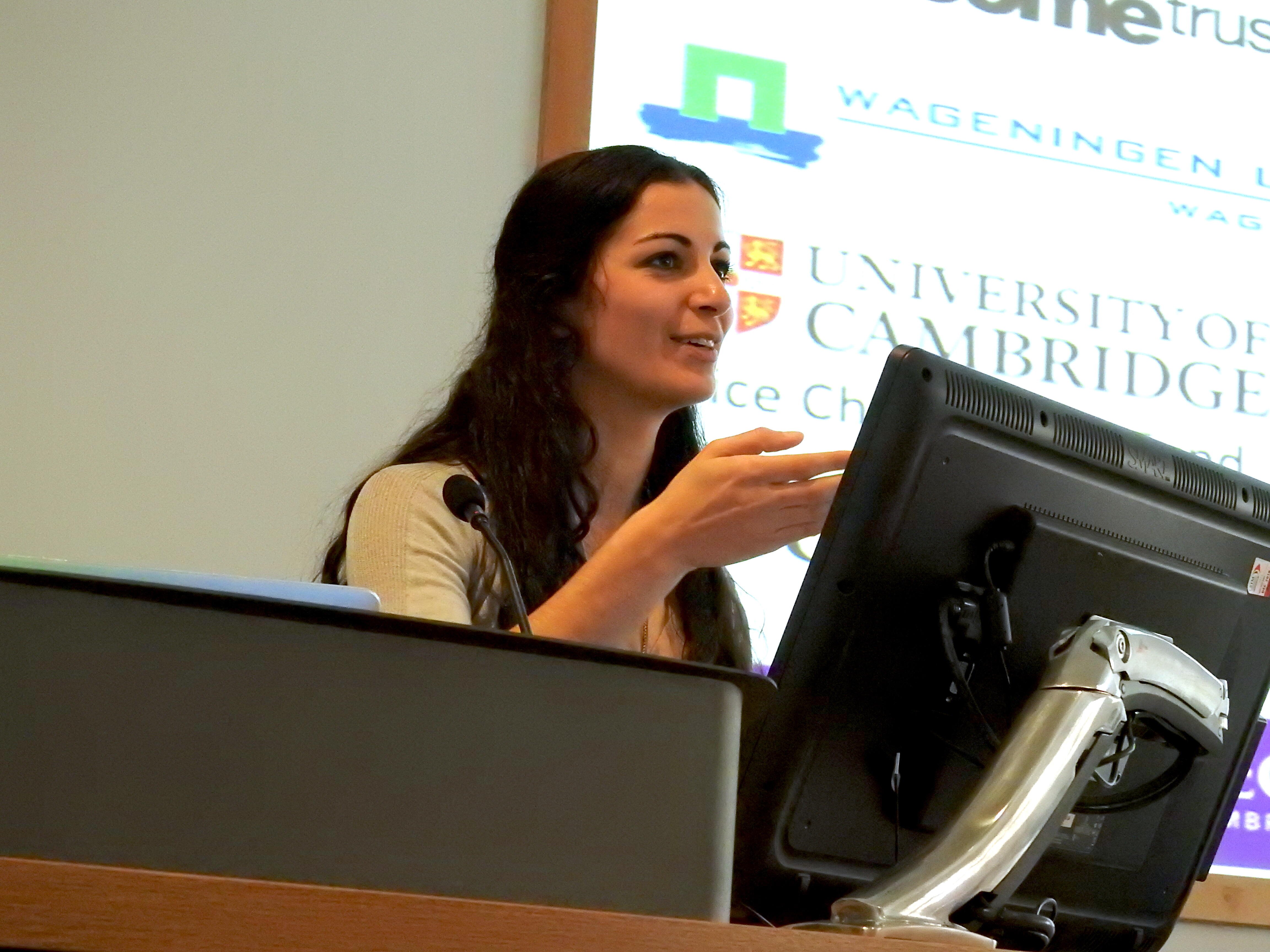
A seminar by Dr Goylette Chami, Wellcome Trust Global Health Centre, Department of Pathology, University of Cambridge
Mass drug administration is the mainstay of treatment for the most prevalent neglected tropical diseases, including schistosomiasis (snail fever), soil-transmitted helminths (intestinal worms), lymphatic filariasis (elephantiasis), and onchocerciasis (river blindness). During mass drug administration, eligible individuals in endemic areas are provided preventive chemotherapies irrespective of infection status; pills are safe to ingest for both infected or uninfected individuals. However, individuals are missed for treatment during MDA.
This talk will reveal how best to design interventions to improve communitywide treatment with mass drug administration for neglected tropical diseases. Results from an ongoing study of ~25,000 people in rural villages bordering Lake Victoria in Uganda will be discussed. With the Ugandan Ministry of Health, we trained nearly 200 Ugandan students, technicians, and village surveyors to gather diverse types of data. In 41 villages, we collected social, spatial, ecological, parasitological, household, clinical, and MDA-uptake data. Here I will show how networks can identify the best performing community medicine distributors, assist with reaching marginalized populations, and increase compliance with (ingestion of) preventive chemotherapies. Network interventions can improve the seeding and targeting of global health interventions to reach more people, and do so more quickly, than conventional approaches.
Dr Goylette Chami is the Computational and Big Data Research Lead at the Wellcome Trust-Cambridge Centre(link is external) for Global Health Research in the Department of Pathology at the University of Cambridge. She also holds a Junior Research Fellowship in medical sciences at King’s College, Cambridge. Previously, she held an Isaac Newton Trust Fellowship and completed her PhD as a Jack Kent Cooke Fellow at the University of Cambridge. Her work combines quantitative and computational techniques from the physical and social sciences with field biology/epidemiology to improve medical outcomes. She is particularly interested in improving the treatment of neglected tropical diseases in sub-Saharan Africa.